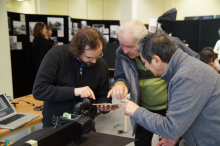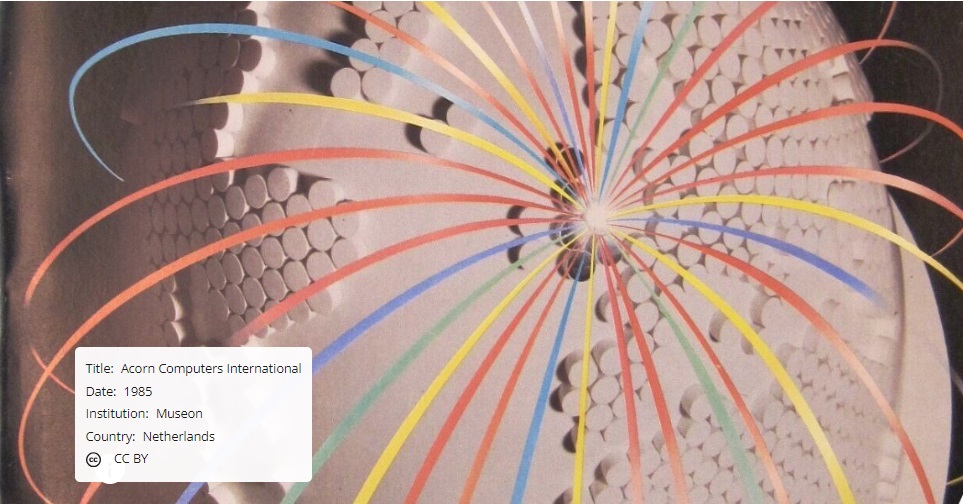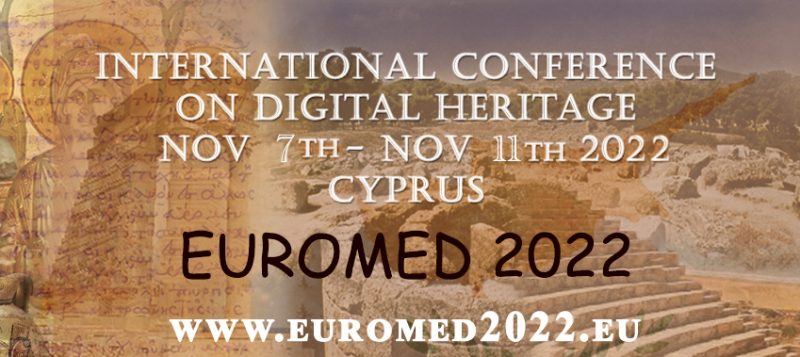
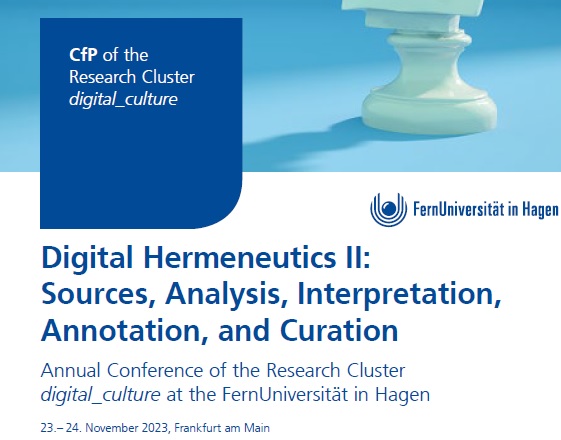 Call for papers, deadline15th September - event to take place at the FernUniversität in Hagen 23 – 24 November 2023
Call for papers, deadline15th September - event to take place at the FernUniversität in Hagen 23 – 24 November 2023- audiovisual Berlin Brussels call for tender conformance check cultural heritage digital archive digital preservation DPF Manager FFv1 file format validation file formats IPRES Matroska MediaArea.net MediaConch Open Source Portal open source software PCP PDF/A policy checker PREFORMA standards TIFF VeraPDF
Topic: websites
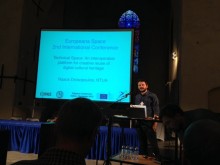
Represented by the gracious cornflower, the national symbol of Estonia, the II Europeana Space International Conference took place in Tallinn on 10-11 December 2015. This event, organized by the Estonian Ministry of Culture, intended to generate new perspectives for the wider … Continue reading
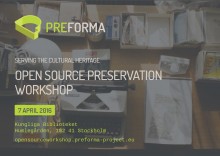
We warmly invite you to the Open Source Preservation Workshop – Serving the Cultural Heritage. The Workshop will offer attendees the opportunity to learn how to use the conformance checkers and to meet the community which has been established around these tools. Don’t miss this opportunity to get to know us! Continue reading
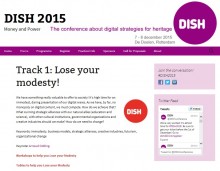
Europeana Space and the Europeana TV pilot were extensively presented at DISH 2015 in Rotterdam, an important biannual conference about digital strategies for heritage. A table session was chaired by Greg Markus (NISV), under the title: Adding another layer: Europeana Space … Continue reading
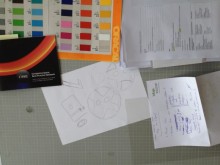
by Sarah Wassermann, SPK The Blinkster app offers additional information about selected objects in the permanent exhibition of the Museum of European Cultures (MEK) and the Ethnological Museum (EM), content providers of SPK. For now, not all exhibition objects are … Continue reading
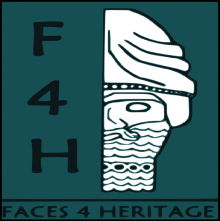
Launched by USI Università della Svizzera italiana (a Swiss cantonal university based in Lugano, Canton Ticino, Switzerland), this initiative is endorsed by UNESCO and intends to promote peace through heritage preservation. USI recognizes together with UNESCO that “Heritage is our legacy from the past, … Continue reading

A Cooperation Agreement was recently signed between RICHES and FP7 project GLAMURS. Coordinated by University of A Coruna, GLAMURS started in January 2014 and will support policymakers, businesses, and citizens to make the right decisions on the way towards a … Continue reading

The EUscreenXL project is holding an international conference on curation of audiovisual heritage. The conference takes place on December 3 and 4 in Warsaw at the National Audiovisual Institute (NInA). It is organised by the best practice network for Europe’s … Continue reading
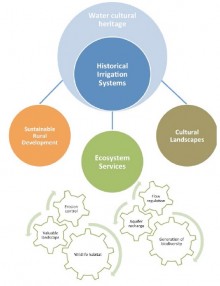
MEMOLA – European Policy Brief ” The impact of European Water Policy on the Water Cultural Heritage”
This document summarises MEMOLA project findings with regard to the impact of the European Water Policy on the cultural heritage associated with historical irrigation systems and presents suggestions for policy interventions. MEMOLA is associated partner of RICHES project for a … Continue reading




